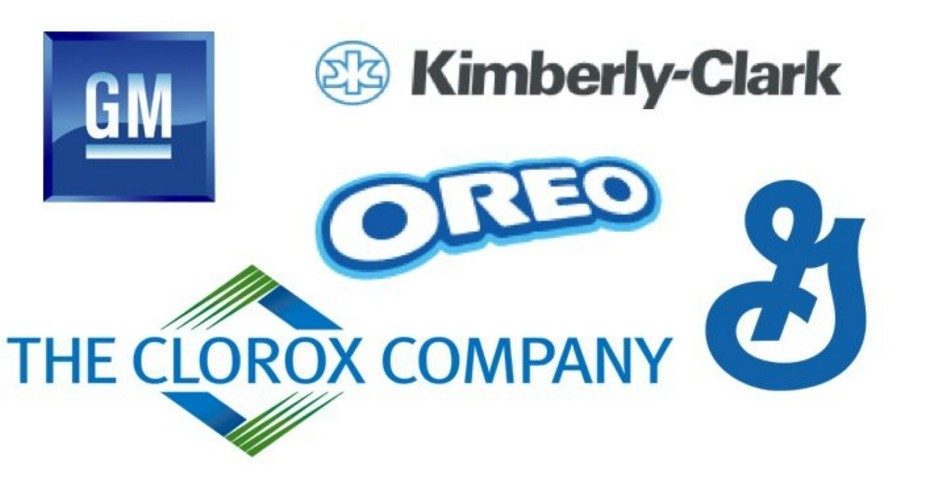
Over the last year, General Motors, Ford Motor Company, auto parts maker Dana, Clorox, Kimberly-Clark, Bridgestone Tire, and Liberty Mutual have either sold out their Venezuelan interests at huge losses, have given their factories and properties away for free, or are planning to. Those who used to work for them are now working in another profession: as bachaqueros. This is slang for “giant ants,” used as a pejorative to describe street vendors offering their wares in the black market.
General Mills sold its operations at half the assessed value, while Dana was lucky to find a local buyer willing to take its heavily indebted operation off its hands for nothing. Clorox and Kimberly-Clark just closed their operations and left the country. When Liberty Mutual sold its local affiliate, Seguros Caracas, to a local entrepreneur, it was widely known at the time as a “gift.” Oreo cookie maker Mondelez International just simply closed down, writing off their Venezuelan operations as a total loss on their books.
Executives quizzed about the departures said their operations were no longer viable, that it was increasingly difficult to obtain raw materials, and when they did, they couldn’t sell the finished goods profitably, thanks to price controls enforced by Marxist Nicolas Maduro’s government.
The bachaqueros — those operating in the free black market — have to be quick on their feet. They pay for information about when products they want to sell will be delivered to local stores and then they buy their way to the head of the line to purchase them. It’s tricky because under the law citizens are only allowed to shop once a week, so the bachaqueros hire straw buyers to make purchases for them. Or they use fake ID cards. Or both.
Once on the street, they are constantly on the lookout for Maduro’s police or enforcers — the National Guard. When they conduct a raid on the vendors, the word “agua” — meaning water in Spanish — is shouted as a warning and the bachaqueros disappear from the streets like mice.
Those buying from them pay a hefty price. A family of five can consume up to five pounds of rice in a week, spending half — half! — their monthly salary for it. In the United States, the average family spends less than six percent of its income on all the food it needs.
In Venezuela, pharmaceuticals can also be purchased illegally and then resold — at 500-percent profit.
The unwinding of once-prosperous Venezuela (which has eight times the oil reserves of the United States) didn’t happen overnight. When Chavez was running the place, he spent oil revenues for a welfare state like there was no tomorrow. But tomorrow came in the form of much lower oil prices, and so he was forced to face reality: cut the welfare state, or print the money to cover the shortfall. He chose the latter and set off a predictable chain of events that is now turning Venezuela back into a Third World backwater. First, higher prices showed up as the currency was inflated and began losing its value. Then came price controls. Then came shortages as producers couldn’t produce profitably at those fixed prices. Then came rationing. Then came the black market — the bachaqueros. And then came the government enforcers. And then, finally, total government.
In July The New American reported that, for all intents and purposes, with Maduro running (and ruining) everything, Venezuela was a dictatorship. Three months later the Washington Post acceded, claiming the obvious: “It’s Official: Venezuela Becomes a Dictatorship, Just Like Cuba.”
Short of a revolution, or a miracle, Venezuelans will continue to suffer under another socialist experiment playing itself out to its bitter and predictable end.
An Ivy League graduate and former investment advisor, Bob is a regular contributor to The New American magazine and blogs frequently at LightFromTheRight.com, primarily on economics and politics. He can be reached at [email protected].
Related articles:



